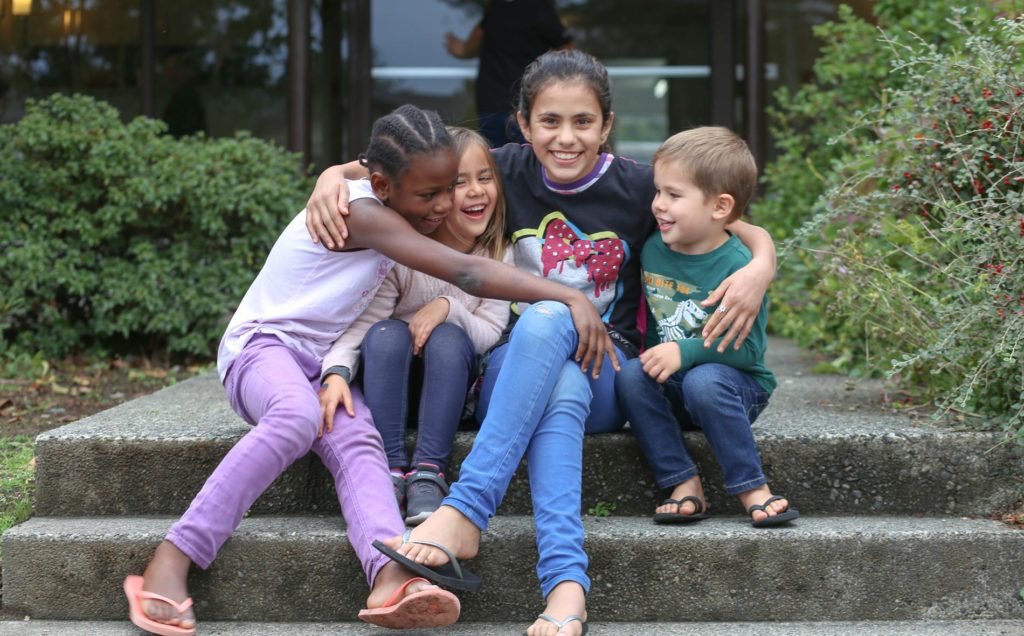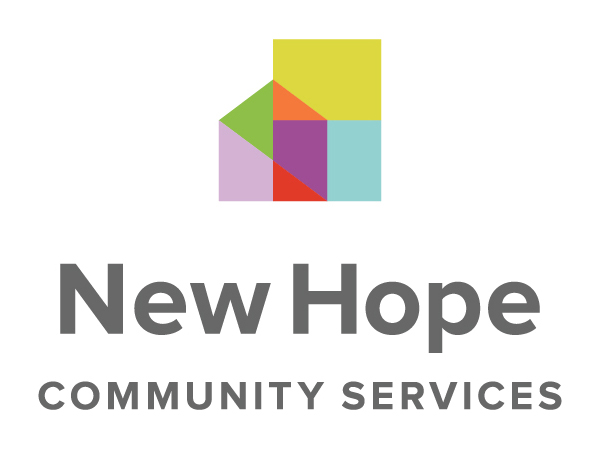
26 Mar A Refugee’s Journey to Canada
Imagine having your life uprooted and needing to abandon your home because your livelihood depended on it. You’re trying to escape to a better life, though you don’t know when and where this long and arduous journey will take you. This is the reality that millions of refugees around the world face.
According to the United Nations Refugee Agency (UNHCR), there were 25.4 million refugees worldwide as of 2017. You often hear stories in the news of refugees fleeing their home and arriving in a new country, but what are the steps that happen in between? What’s less known is the middle part of the journey and the challenges refugees must go through before starting their new life.
Here’s an overview of a refugee’s journey before arriving in Canada.
The Refugee Journey
A refugee’s journey begins when they are forced to flee their home, seeking asylum in another part of their home country or in another nation. In the case of the latter, a refugee will apply for refugee status in the country they have fled to. Refugees who have fled their home might not have enough money or the proper documentation, which can make the already complicated application process even more difficult to navigate through.
After that, it’s a matter of waiting to be granted refugee status by UNHCR. This process can take months; years even. And while refugees may have escaped danger or persecution in their home, they face new challenges that come with living in exile in a foreign country. These may come in the form of discrimination, tiny living spaces, poor living conditions, minimal access to medical care, adults not being able to work, and children not being able to go to school.
Once someone is officially granted refugee status, they must wait to be identified by UNHCR or private sponsors for resettlement. After being identified, it then takes additional time for their case to be processed.
Arriving In Canada
Refugees arriving in Canada will fall under one of the following categories:
- Government-assisted refugees: Refugees living abroad who are selected for resettlement in Canada by UNHCR. They are initially supported by the Canadian government through non-governmental agencies such as New Hope.
- Privately-sponsored refugees: Refugees who are sponsored by a group of people or an organization. The amount of support received is dependant on the sponsorship group, and lasts for one year after they arrive or until they can support themselves.
- Blended visa office-referred program: Through this program, refugees are sponsored in part by the government and a group of people. Refugees are identified by UNHCR, then provided 6 months of income support by the Canadian government followed by an additional 6 months of support by private groups.
- Refugee claimant: This category applies to refugees within Canada who fear persecution if they were to return to their home country. They must apply for refugee protection to the Immigration and Refugee Board of Canada (IRB).
How New Hope Helps
Regardless of category type, affordable housing is one of the very first basic necessities that new refugees need upon arrival in Canada. With the help of other community groups, New Hope supports refugee families from all categories with housing and support services during their first 18 months of their new life here in Canada.
We offer affordable rent in a safe and stable environment while also helping refugee families access resources they may need. Since 2004, we’re proud to have provided housing and community to over 500 refugees.

Looking for a way to help? Join us in making a difference in the lives of refugee families today. Learn more about the number of ways you can get involved!



No Comments